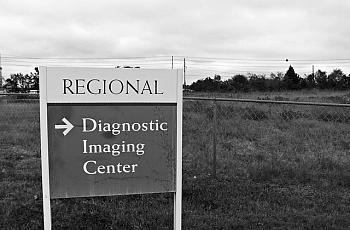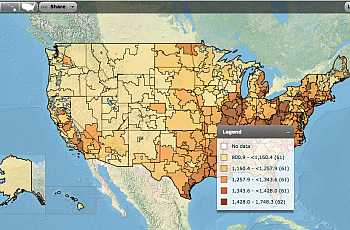
William Heisel
Contributing Editor

Contributing Editor
I have reported on health for most of my career. My work as an investigative reporter at the Los Angeles Times and the Orange County Register exposed problems with the fertility industry, the trade in human body parts and the use of illegal drugs in sports. I helped create a first-of-its-kind report card judging hospitals on a wide array of measures for a story that was a finalist for the Pulitzer Prize. I was one of the lead reporters on a series of stories about lead in candy, a series that also was a finalist for the Pulitzer.For the Center for Health Journalism (previously known as Reporting on Health), I have written about investigative health reporting and occasionally broke news on my column, Antidote. I also was the project editor on the Just One Breath collaborative reporting series. These days, for the University of Washington, I now work as the Executive Director for Insitutue for Health Metrics and Evaluation's Client Services, a social enterprise. You can follow me on Twitter @wheisel.

The practice of physicians "self-referring" patients to facilities in which they or their families have a financial stake has dramatically increased in some specialties. The practice increases health costs for procedures and tests that are of questionable benefit to patients.

A series of reports has found that physicians who "self-refer" are following their financial interests and not always the best interests of their patients. The trend is driving up health care costs and potentially putting patients at risk from unnecessary services.

There are a range of agencies involved in licensing and disciplining the health care professionals who do the bulk of the work in clinics, hospitals, and other health care settings. Here's how to start tracking down records that can raise red flags and lead to compelling stories.

Every state has some agency that oversees the licensing of physicians. And in those files are dozens of stories you should be writing about. Here's how to start using licensing and discipline records to find story leads and strengthen your reporting.

Valentine's Day is over, but questions over lead and other heavy metals in chocolate and candy are still around. And while "cocoa puff stories" are the norm around this time of year, some excellent reporting is keeping the spotlight on this bittersweet issue.

They say money talks, but so does anger. That’s why it pays to spend some time in bankruptcy court when you are looking for gripping tales on the health care beat. These resources and tips will get you on your way.

If you're a health reporter looking for story leads and enriching details, consider ditching the office and heading down to the courthouse. Chances are good that if you are covering a health care entity with business history, it also has a court history. A few tips can help get you started.

Do you use the Dartmouth Atlas of Health Care in your reporting? If not, you're missing out on a great source of data on how the costs and quality of health care vary across regions. Contributor William Heisel explains how to best make use of this resource.

Medicare made a huge step forward this week in announcing that it would no longer pay for health care without taking into account whether the care was any good. The move could dramatically accelerate changes to how we pay for health care in this country.